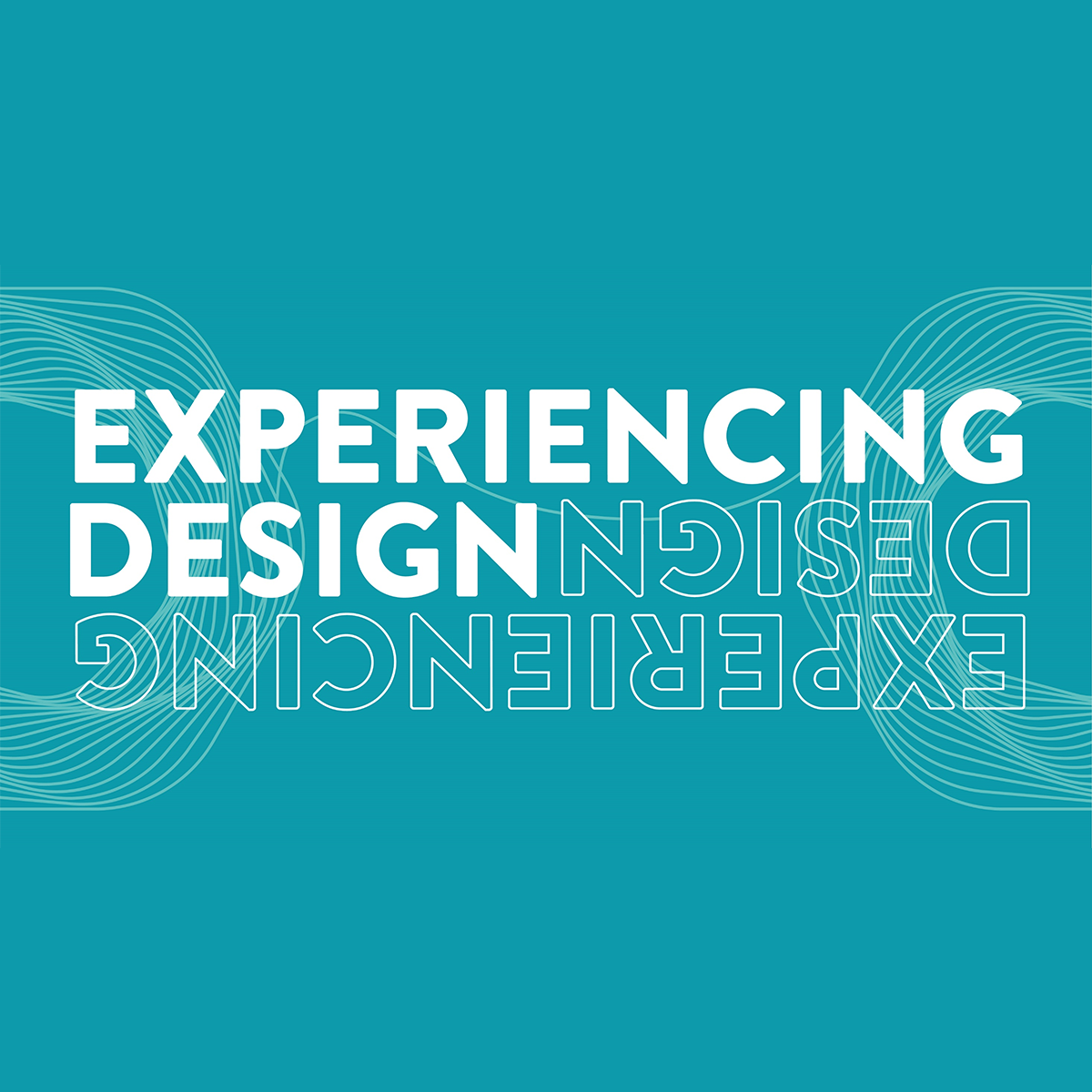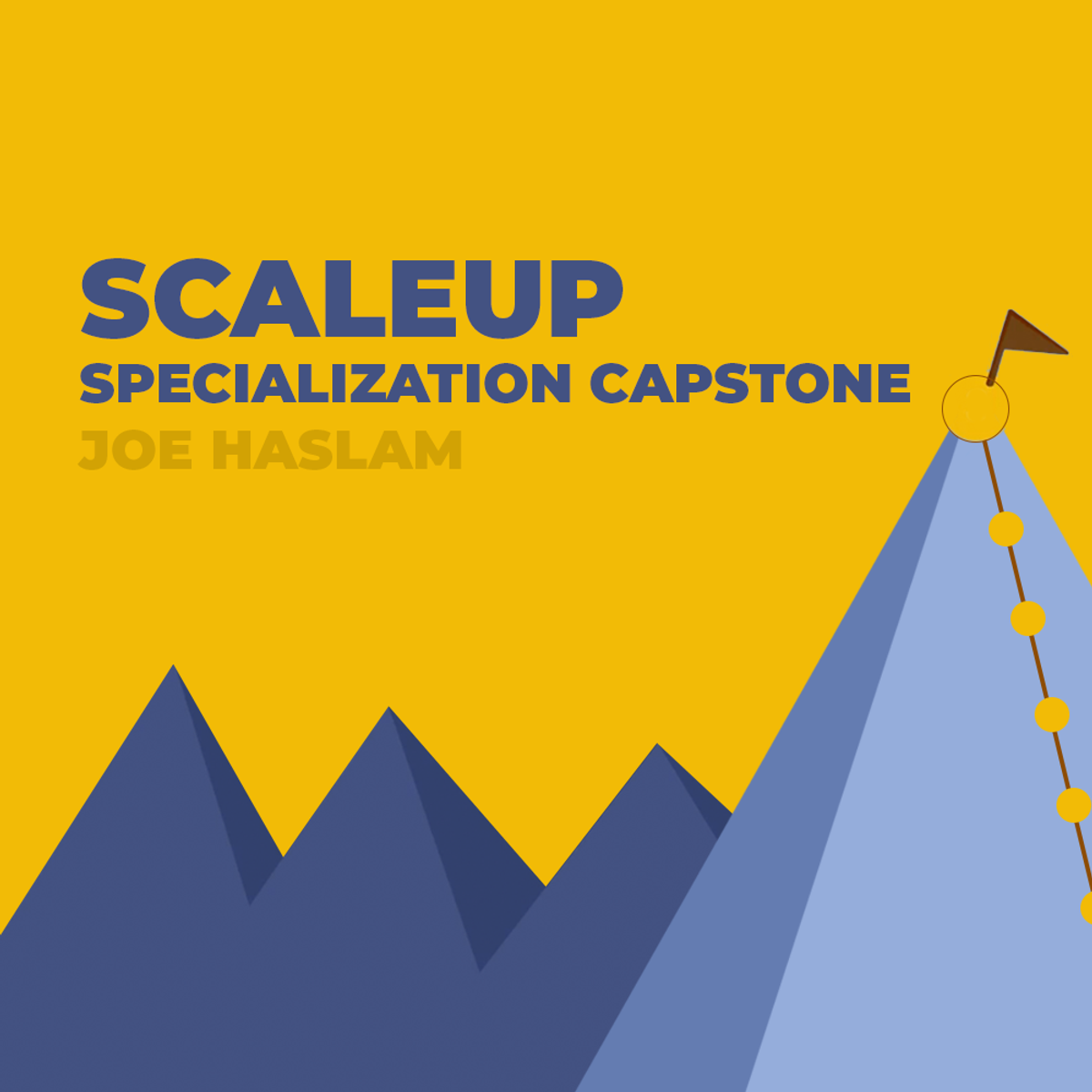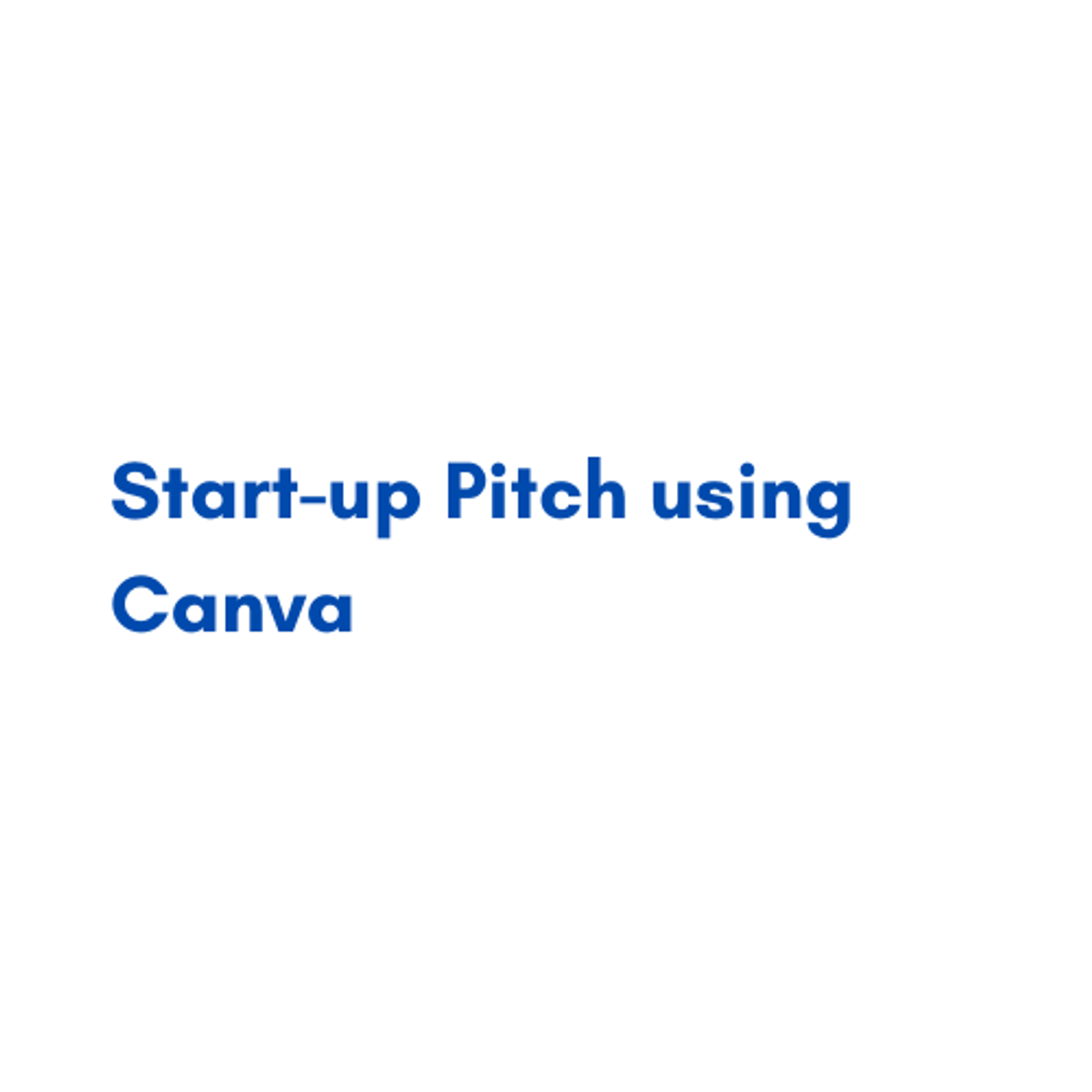Back to Courses









Entrepreneurship Courses - Page 4
Showing results 31-40 of 222
Experiencing Design: Deepening Your Design Thinking Practice
How do we unlock the transformational power of design thinking? To do this, we must understand that this power lies not in what it encourages us to do, but in who it encourages us to become. We become design thinkers by experiencing design.
In this course, developed at the Darden School of Business at the University of Virginia, we will guide you through six key phases of the design journey - Immersion, Sensemaking, Alignment, Emergence, Imagining, and Learning in Action. For each of these phases, you will explore how design thinking done well impacts innovators by inviting them to bring their authentic selves into the innovation conversation. You will examine key behaviors that bridge the gap from beginner to competency, and deepen the skills that will allow you to achieve design thinking's transformational promise. You will also hear from industry leaders from all over the world who will share valuable lessons and personal stories about how experiencing design has shaped their exciting careers.

Startup Valuation Methods
How do different types of investors think about an investment opportunity? What kind of securities and contracts do they offer? How should a company decide what is a "good deal"? This course is designed to introduce you to the challenges and pitfalls of financing new enterprises. You will learn the basic tools for valuating companies, including using discounted cashflow analysis in Excel and understanding how to apply this model to your entrepreneurial venture. You will then learn how valuation works with different types of securities that investors use to finance startups, from bank loans to venture capital to angel investing.

Entrepreneurship Capstone
Integrate the tools and concepts from the specialization courses to develop a comprehensive business plan. Choose to enhance new venture concepts previously explored in specialization courses, or develop a new concept for this capstone project. Develop a comprehensive, customer-validated business model and create an investor pitch for the concept.
With this course, students experience a sampling of the ideas and techniques explored in the University of Maryland's master's degree in technology entrepreneurship, an innovative 100% online program. Learn more at http://mte.umd.edu.

Fundamentals of entrepreneurship in the family business
Nowadays, family businesses are indispensable in our economy. However, it is very important to identify the tools and strategies of success that allow them to transcend in a competitive environment. For that reason, this entrepreneurship course gives you the opportunity to know and apply best practices, taking into account entrepreneurship and innovation models that will allow you to take advantage of the strengths that posseses the family business, in order to create a suitable business for next generations.
In this entrepreneurship course you will have the opportunity to know the instruments and components that involve entrepreneurship; from ideation, market validation and value proposition, to present your sales plan to attract investors (Business Pitch).
This online course delivers the knowledge and tools necessary for the success of a venture in the family business.
The Center for Entrepreneurial Families and EGADE Business School of the Tecnológico de Monterrey is the ideal institution to develop these skills, since Tecnológico de Monterrey is the number 1 university in Mexico and the 6th best in Latin America according to Times Higher Education (THE) 2016.
Professors at Center for Entrepreneurial Families are highly qualified and recognized as part of the worldwide STEP project for family entrepreneurship, and EGADE Business School is the number 1 business school in Latin America in MBA program, according to the ranking of AméricaEconomía.

How to create and sell templates on Canva
In this guided project the learner will have the opportunity to learn how to create and sell templates created on Canva. Canva is an online graphic design program that allows you to create and design all types of documents, graphic design compositions and more. Canva is a great option for those looking for a user-friendly and easy-to-use platform to create attractive designs. Canva has many elements that are free and it gives you a lot of freedom when designing. In addition to this, Canva has paid content that offers another endless number of elements and possibilities for the design but they are not mandatory or totally necessary, so the user has the freedom to choose how much content or elements they want to have at their disposal. Canva is an extremely useful tool for those who are just starting out and even becomes a very good tool for those who have spent years designing in more advanced programs. It is a fast option that does not need to be installed on your computer and as long as you have an Internet connection, it will be an accessible tool.

Scale Up Specialization Capstone
This Capstone course is aimed at learners who have experience of working in a startup and want to scale up their business and want to bring together what they have learned in the three previous courses on scaling up a startup (Scale Up Your Startup, Scaling Product and Processes, and Building Culture in a Scaleup).
Through the Capstone Project, you´ll showcase your understanding of the key issues a scaleup faces and how to overcome these issues and challenges - from the initial moment when scaling up becomes a possibility, through transitions in product and processes, to the creation of a strong, effective, and resilient company culture that will last. For the project, you´ll profile a company and go in depth to find out how that company scaled, producing a polished and comprehensive piece of writing that demonstrates your understanding of the scaleup journey.
After completing this Capstone project, you will have developed insights into why companies scale up, how they plan for the scaleup phase, how they scale up product and processes, how they adapt their sales and marketing strategies, how operations are affected, and how they build and maintain a productive, effective and diverse company culture through the scaleup phase.

Start-up Pitch using Canva
In this 1-hour long project-based course, you will how to create an outline for a Start-up pitch deck. Afterwrds, you will learn how to use Canva as a graphic design program and the created outline to create a start-up pitch deck
Note: This course works best for learners who are based in anywhere in the world.

Customer Centric Innovation
Successful innovation starts with understanding customer needs and ends with a delighted customer. This course is created to develop a holistic understanding of customers’ role in developing successful innovations and how to capture and utilize customer information to create successful innovations.

Health Care Innovation
In this course, you’ll learn the foundational economic theories behind health care innovation and how to optimize your own health care practice or organization. Designed to help you gain a practical understanding of the theoretical frameworks of behavioral economics and operations management in the health care setting, this course will help you apply these frameworks to assess health care practices and apply innovation while managing risk. You’ll also explore the best practices for evaluating one’s innovative practices, using real-life examples of success to see the concepts in action. By the end of this course, you’ll have honed your skills in optimizing health care operations, and be able to develop the right set of evaluations and questions to achieve best innovative practices within your organization.

Fundamentals of Social Media Advertising
This course takes a deep dive into paid advertising on social media. Learn how to start advertising on platforms like Facebook and Instagram by developing effective ads. Learn how to work with design teams by capturing the essence of your ad campaign in a creative brief, and understand how privacy policies may affect your ads. Complete the course with a project where you will produce a creative brief with assets you would deliver to a design team for your ad campaign. You’ll also create your first social media ad.
By the end of this course you will be able to:
• Determine why and when to invest in paid advertising on social media
• Understand the anatomy of a social media ad and how they differ from organic posts
• Evaluate on which platforms to run social media ad campaigns and what makes an ad effective
• Craft compelling and effective visuals and copy for social media ads
• Learn how to collaborate effectively with others through creative briefs
• Build foundational understanding for data, data-based advertising and privacy protection
• Build an ad directly from your Facebook Business Page and your Instagram Business Account
• Use Instagram Stories Ads effectively to connect with customers
• Write a creative brief and create a social media ad
This course is intended for people who want to learn how to create and manage ads on social media. Learners don't need marketing experience, but they have basic internet navigation skills and are eager to participate and connect in social media. Having a Facebook or Instagram account helps and ideally learners have already completed course 1 (Introduction to Social Media Marketing) and 2 (Social Media Management) in this program.
Popular Internships and Jobs by Categories
Find Jobs & Internships
Browse
© 2024 BoostGrad | All rights reserved